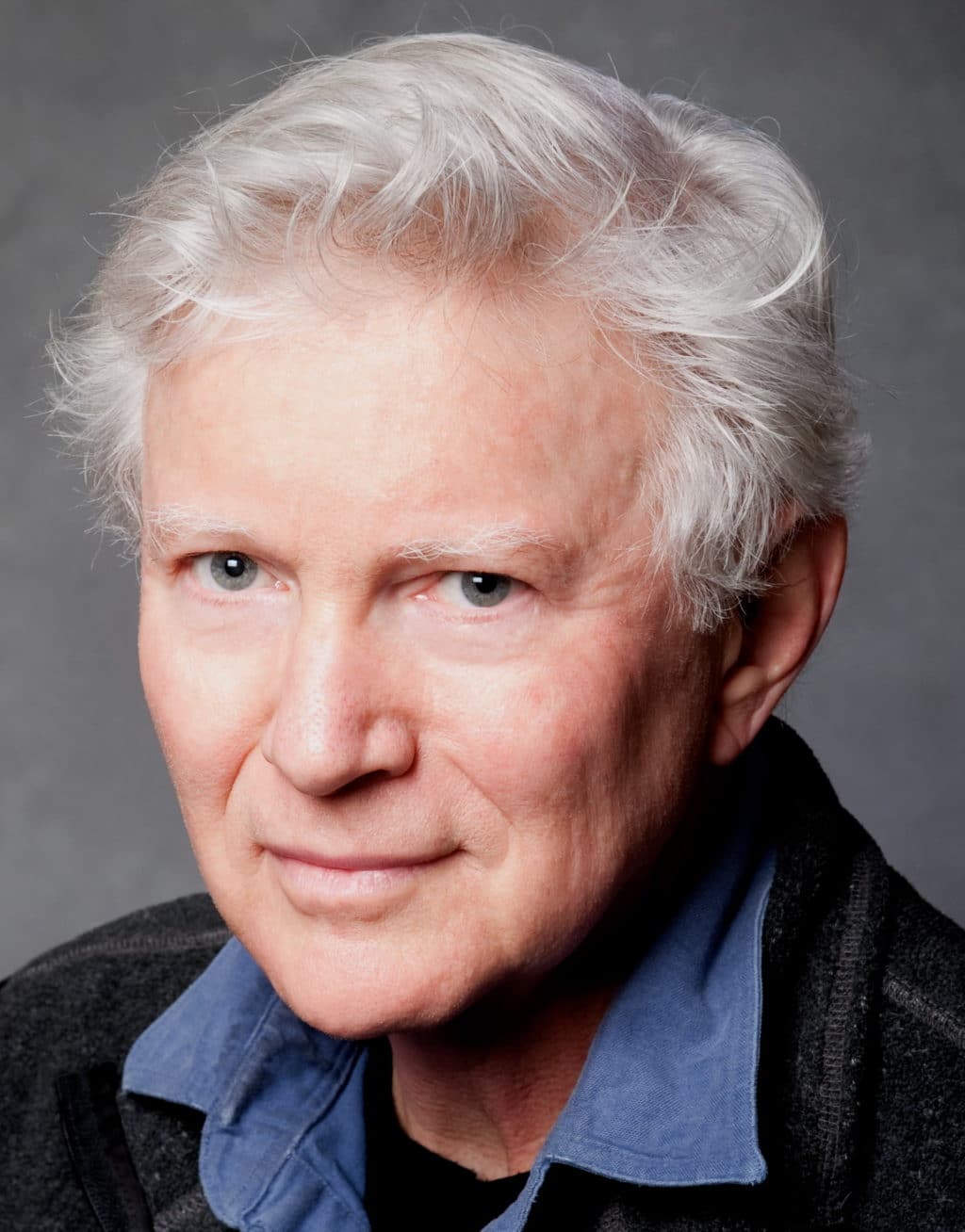When Peter Gray’s son was in the 4th grade, it became clear that the standard public school environment was not supporting his growth and creativity. He had been rebelling from kindergarten on, doing his assignments but in the opposite way that teacher’s requested. “When they started teaching capitals and punctuation, he started writing like e.e. cummings,” he told us.
They searched for the right environment and found the Sudbury Valley School, “a radically alternative school not far from our home in Framingham, MA.” Not content with just relocating his son, Gray – an author and research bio-psychologist – began to study first how the graduates of the school fared, and then how children learn when they are in charge of their own education. You can check out his book, Unleashing the Instinct to Play Will Make Our Children Happier, More Self-Reliant, and Better Students for Life (Basic Books, 2013) here.
In particular he became fascinated with play.
Gray is on a mission to bring back free play in the lives of children. He says, “Free play, without adult direction or intervention, is nature’s way of teaching children how to solve their own problems, how to take charge of their own lives, how to get along as equals with peers, how to see from others’ points of view, how to negotiate differences, and how to regulate fear and anger. “
He believes it’s vital for the future to restore free play outside of school instead of being shuttled from one structured activity to the next. He says, “Children are largely ‘caged’ at home and at school.” And at the same time there’s been a huge increase in childhood psychological issues. “Kids feel they have lost control of their lives. With the decline of opportunities for such play, we have seen a dramatic rise in young people’s sense of helplessness; a dramatic rise anxiety and depression in young people; a decline in creativity; and (by some measures) an increase in narcissism in young people. These changes have been documented with standard clinical assessment tools given to normative groups of young people over the past several decades. My research suggests strongly that these changes are largely the result of play deprivation and a general decline in freedom for children and adolescents.”
Gray concluded, “If we want our children to grow up as happy, emotionally resilient, socially competent, responsible, creative individuals, we must find ways to allow them to play and socialize freely with one another without adult direction, intervention, and surveillance. “When children engage in unsupervised free play, in particular age-mixed free play, they learn from one another and interact at higher levels of play as the older children in effect, mentor the younger ones. “Playing in the zone of proximal development.” By doing so, we will foster a more successful, happier next generation.
And what became of Gray’s son? He’s all grown up now…and on the faculty of the Sudbury Valley School.
To learn more about Peter Gray and his TEDxNavesink presentation, click here.

